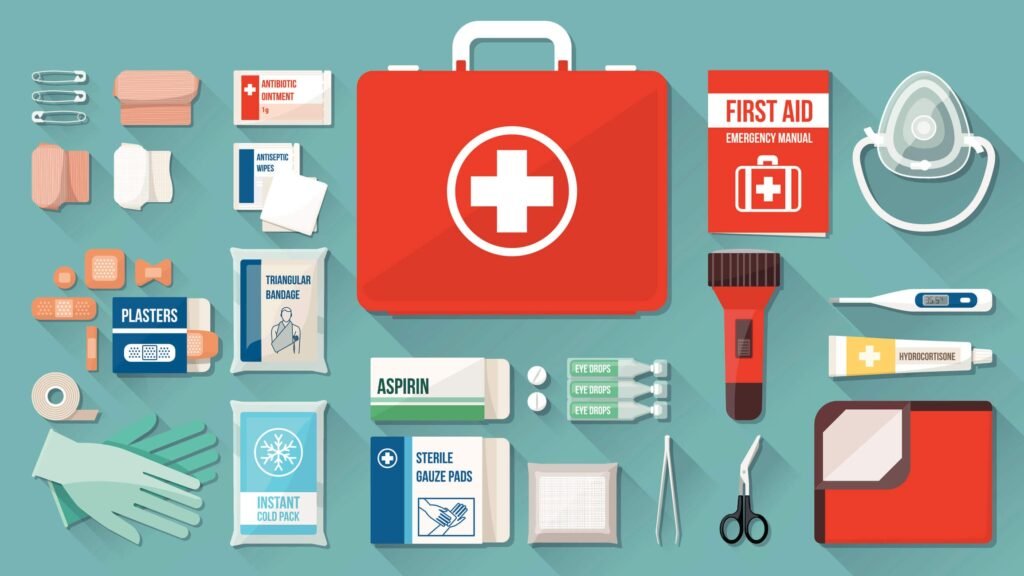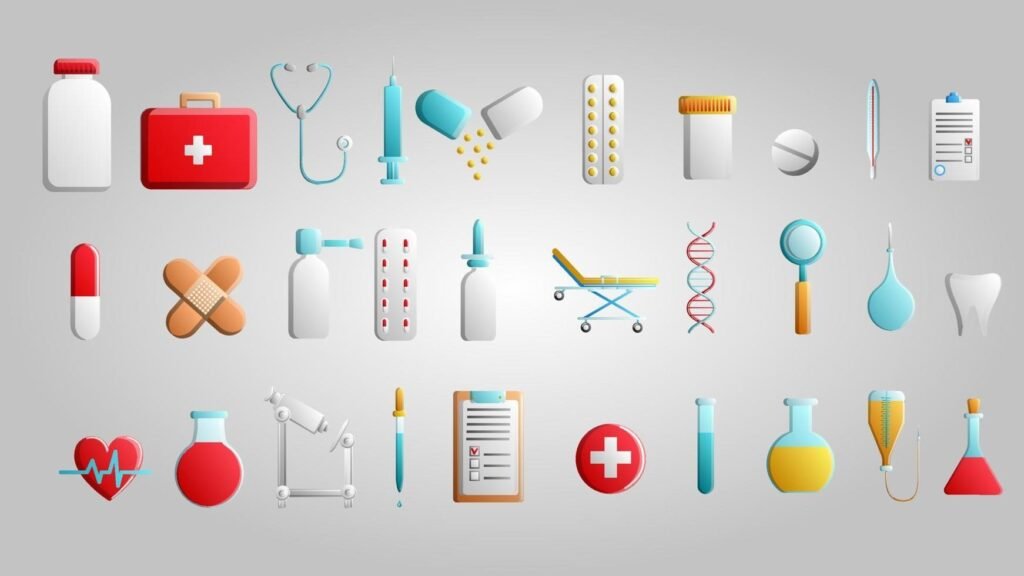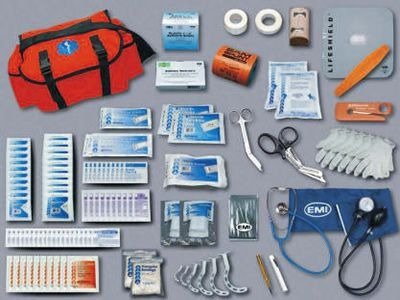Essential Hospital Emergency Equipment: A Comprehensive List
Discover the essential emergency medical equipment crucial for hospital emergency rooms. This comprehensive guide covers life-saving devices such as defibrillators, ventilators, and monitors, as well as key diagnostic tools like portable X-ray machines and ECGs. Learn about supportive and ancillary equipment including stretchers, first aid kits, and suction devices that assist in patient care. Enhance your understanding of the various types of emergency equipment and their importance in providing effective and timely medical treatment in critical situations.
Life-Saving Devices
Life-saving devices are the cornerstone of any emergency department. These include:
- Defibrillators: Used to restore a normal heartbeat by sending an electric pulse or shock to the heart.
- Ventilators: Assist breathing by delivering air to the lungs.
- Monitors: Track vital signs such as heart rate, blood pressure, and oxygen levels.
- Infusion Pumps: Administer fluids, medications, or nutrients directly into a patient’s bloodstream.


Diagnostic Equipment
Accurate diagnosis is crucial in emergency settings. Key diagnostic tools include:
- Portable X-ray Machines: Enable imaging of bones and internal organs on-site.
- Ultrasound Machines: Use sound waves to create images of the inside of the body.
- Electrocardiograms (ECG): Record the electrical activity of the heart to diagnose heart conditions.
Supportive and Ancillary Equipment
Supportive and ancillary equipment assist in patient care and management:
- Stretchers and Wheelchairs: Essential for patient transport.
- First Aid Kits: Contain basic medical supplies for immediate care.
- Splints and Bandages: Used for immobilizing and protecting injured body parts.
- Suction Devices: Clear airways of secretions, blood, or vomit.

Commitment to Quality and Trust
Our commitment to quality and trust is unwavering. We thoroughly vet all our suppliers and products, maintaining stringent quality control processes. This dedication to excellence ensures that you receive only the best hospital emergency equipment, enhancing patient care and emergency response capabilities.
We understand that every healthcare facility has unique requirements. Therefore, we encourage you to inquire about specific medications or medical equipment you need. Our dedicated customer service team is always ready to assist you, providing detailed information and ensuring you receive the best possible solutions tailored to your needs.
Conclusion
Hospital emergency rooms are equipped with a wide array of medical devices and tools designed to handle critical situations. The availability and proper use of these emergency equipments significantly enhance the ability of healthcare professionals to provide timely and effective treatment. Understanding the various types of emergency equipment can provide insight into the complexities of emergency medical care.
